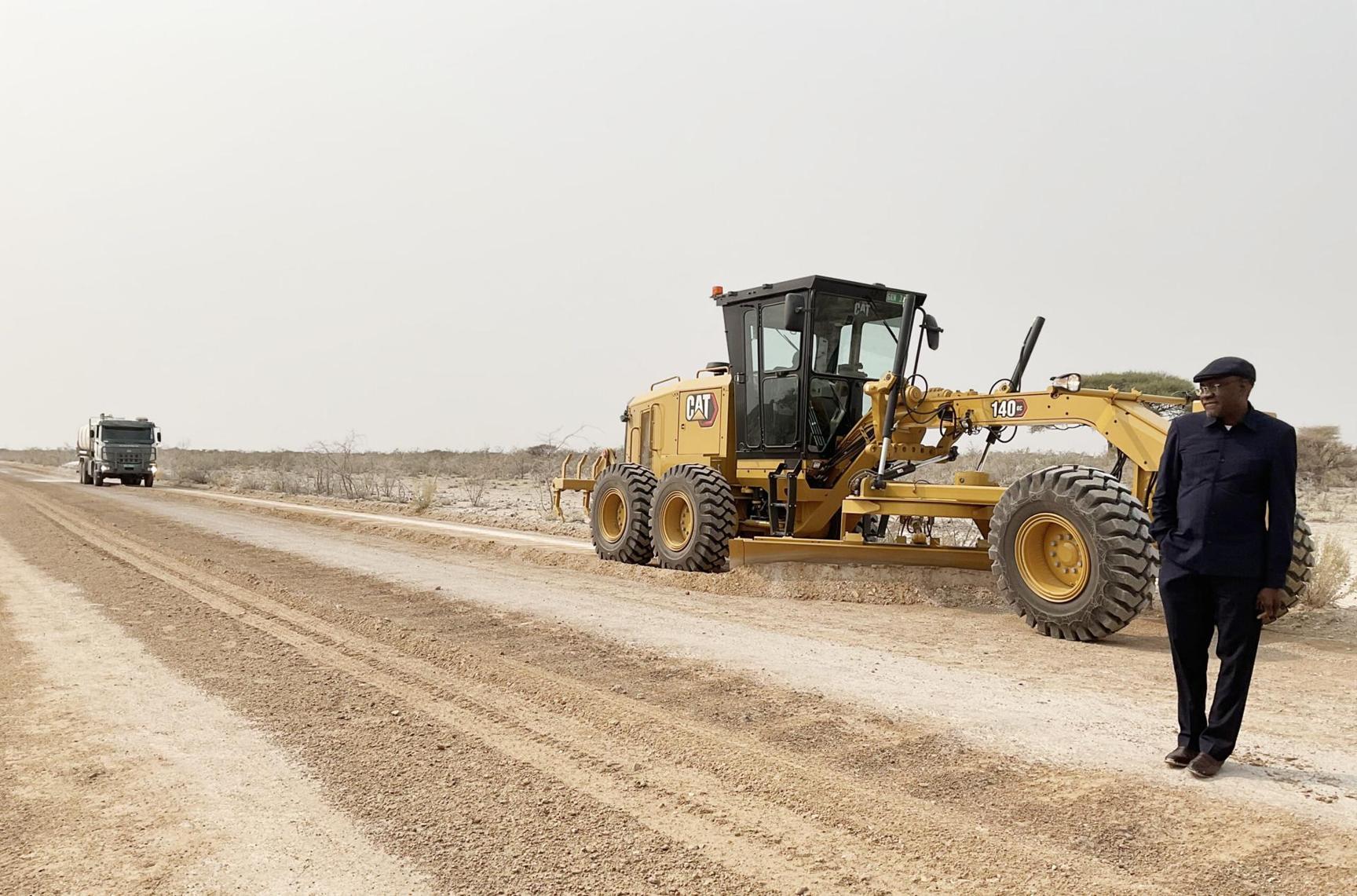Africa-Press – Namibia. The government is set to increase park entrance fees as well as conservation fees for national parks.
This was revealed during a consultation meeting with tour operators in Swakopmund on Monday to discuss amendments to the current regulations governing these fees.
The new fee structure is expected to be gazetted by September next year and implemented from 1 April 2026.
Deputy executive director for natural resource management in the Ministry of Environment, Forestry and Tourism (MEFT) Colgar Sikopo during the consultations said the current structure was introduced in 2021.
It is due for revision as per the ministry’s five-year review plan.
“We made a decision that these fees will be reviewed every five years. By April 2026, it will be five years since the implementation. We are now preparing to amend the structure,” he said during the meeting.
Sikopo revealed that the ministry currently collects between N$70 million and N$80 million annually through conservation and entrance fees but anticipates an increase once the proposed changes are implemented.
“With the new structure, we could increase this to N$100 million or even N$200 million,” he said.
He stated that these funds are reinvested into the country’s protected areas, supporting infrastructure development, anti-poaching operations and human-wildlife conflict management.
“This money is not just collected. It is being used where it matters. For instance, in Etosha National Park, we purchased a grader for N$5 million to maintain the roads and a water tanker for N$3 million. Both were paid for using the conservation fee,” Sikopo said.
He added that the ministry has employed seven volunteers in Etosha and four in Bwabwata National Park to assist with the cleaning and maintenance of ablution facilities.
He said the volunteers are paid a monthly stipend from the conservation fund.
“It’s a temporary arrangement, but it helps us maintain these important facilities,” Sikopo stated.
He said that while the volunteers are still maintaining comfort stops in Etosha that were upgraded with support from the German government, the ministry’s long-term vision is to partner with private operators to maintain overall cleanliness at ablution facilities.
“We are finalising a plan that will allow private operators to manage these sites under concession. These comfort stops should be more than just toilets. We want places where visitors can stop, enjoy a cup of coffee, buy local crafts or just relax. Some of these ideas are already taking shape,” he added.
A similar public-private partnership is being explored for June 2 Park, which was recently advertised and awarded for private management.
Sikopo stressed that the ministry is mindful of the tourism industry’s need for advance notice to adjust packages and pricing.
“We plan to have the amended structure finalised and gazetted by the end of September 2025 to allow implementation by 1 April 2026. This gives tour operators enough time to prepare,” he said.
The draft proposal states that park fees under the amendment will range from N$40 for park entrance to N$1 000.
Despite the increase, several parks will remain free for Namibians and certain age groups.
These include Ai-Ais Hot Springs Game Park, Cape Cross Seal Reserve, Dorob National Park, the Sandwich Harbour section of Namib-Naukluft Park and Bwabwata National Park.
Children under the age of eight will not be required to pay entrance or conservation fees.
“Conservation must be inclusive. We recognise that many Namibians, especially those living near parks, should be able to access and enjoy them without financial barriers,” Sikopo said.
The proposed fee adjustments fall under the Nature Conservation Ordinance of 1975 and will apply to all game parks as well as protected areas managed by the ministry.
Operators
Reacting to the developments, several tour operators have raised alarm over the poor maintenance of public facilities in Namibia’s national parks.
They warned that the neglect is severely damaging the local tourism industry.
Their concerns were voiced during a stakeholder consultation on proposed amendments to regulations relating to park entrance and conservation fees that took place in Swakopmund.
Operators pointed to the deteriorating state of newly built toilet facilities at sites such as the Etosha National Park fence, Mahango Game Reserve and Dune 7.
They say that the sites are often unusable due to a lack of cleaning and maintenance.
“We take clients to these facilities, and it is chaos. These are supposed to be new toilets, yet they are in such poor condition that guests are forced to use the bush. It is embarrassing for us, as Namibians,” one operator stressed.
At Mahango, tour guides described the disturbing sight of toilet paper scattered across the bushes, likening it to a “field of white flowers”.
Some operators have resorted to bringing their own toilet paper for tourists but argue that long-term solutions are urgently needed.
They are calling for job creation through contracting companies or individuals to manage these facilities daily.
They said tourists are willing to pay a small fee – around N$2 – for access to clean rest stops.
Responding to the concerns, Sikopo said the current conservation fee revenue stands between N$70 and 80 million annually.
With the proposed changes, this could rise to over N$100 million.
“This money is being reinvested in national parks as per Cabinet directives to maintain roads, toilets and water supply; support anti-poaching and address human-wildlife conflict,” Sikopo said.
For More News And Analysis About Namibia Follow Africa-Press






